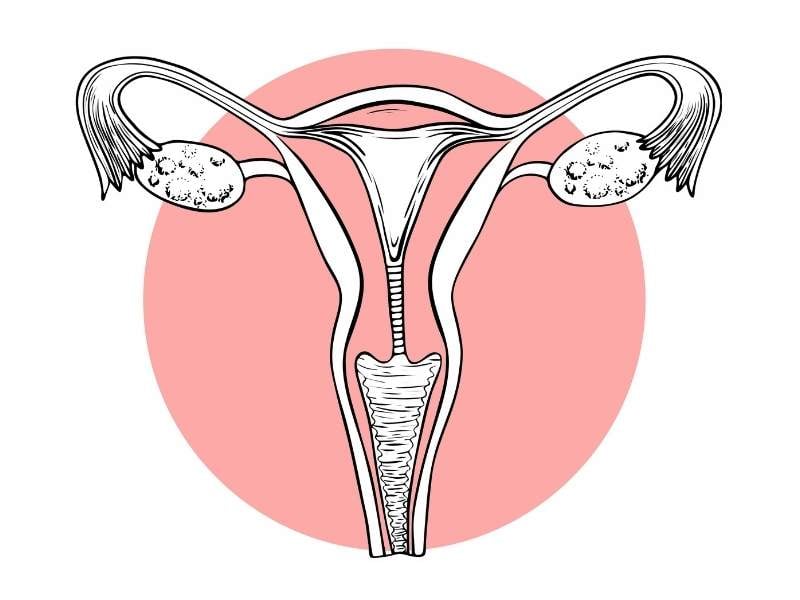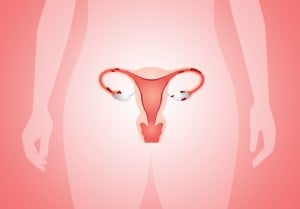CDC Shares Q&A: Zika virus infection (Zika) and pregnancy
How is Zika virus (Zika) transmitted?
Zika is primarily transmitted through the bite of infected Aedes mosquitoes. It can also be transmitted from a pregnant mother to her baby during pregnancy or around the time of birth. We do not know how often Zika is transmitted from mother to baby during pregnancy or around time of birth.
Who is at risk of being infected?
Anyone who is living in or traveling to an area where Zika virus is found who has not already been infected with Zika virus is at risk for infection, including pregnant women.
What are symptoms of Zika virus infection (Zika)?
About





